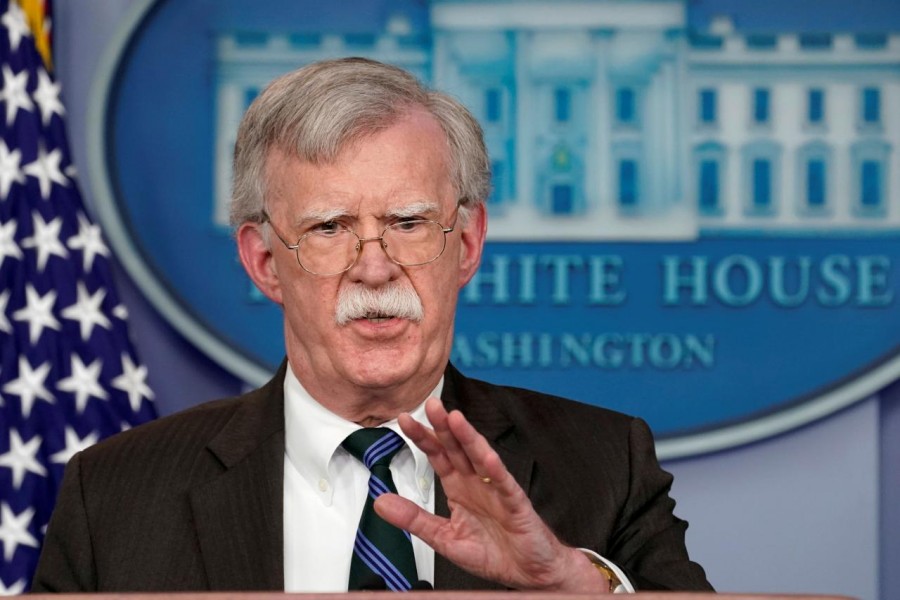US National Security Advisor John Bolton has warned the Syrian government it should not see the impending US military withdrawal from the country as an invitation to use chemical weapons.
US President Donald Trump said in December that US troops had succeeded in their mission to defeat Islamic State militants and were no longer needed in the country.
It’s clear data holds the power to transform the modern enterprise. But understanding which data holds the key is the challenge.
The announcement, which took officials in Washington and allies abroad by surprise, contributed to Jim Mattis’ decision to resign as US defense secretary and prompted concern that Islamic State could stage a comeback.
“There is absolutely no change in the U.S. position against the use of chemical weapons by the Syrian regime and absolutely no change in our position that any use of chemical weapons would be met by a very strong response, as we’ve done twice before,” Bolton told reporters on his plane shortly before landing in Tel Aviv, Israel.
“So the regime, the Assad regime, should be under no illusions on that question,” said Bolton, who is on a four-day trip to Israel and Turkey.
Trump has twice bombed Syria over the government’s alleged use of chemical weapons, in April 2017 and April 2018. In September a senior US official said there was evidence showing chemical weapons were being prepared by Syrian government forces in Idlib, the last major rebel stronghold in the country.
More than half a million people have died during the Syrian war and 11 million have been forced to flee their homes.
During his trip Bolton is set to meet with Israeli Prime Minister Benjamin Netanyahu and Turkish President Tayyip Erdogan. He said he was not suggesting Syria appeared ready to use chemical weapons.
“As we elaborate how the (U.S. troop) withdrawal is going to occur and the circumstances, we don’t want the Assad regime to see what we do as representing any diminution in our opposition to the use of weapons of mass destruction,” he said.
If chemical weapons were to be used, “a lot of options would be on the table ... if they don’t heed the lessons of those two strikes the next one will be more telling,” Bolton said.


